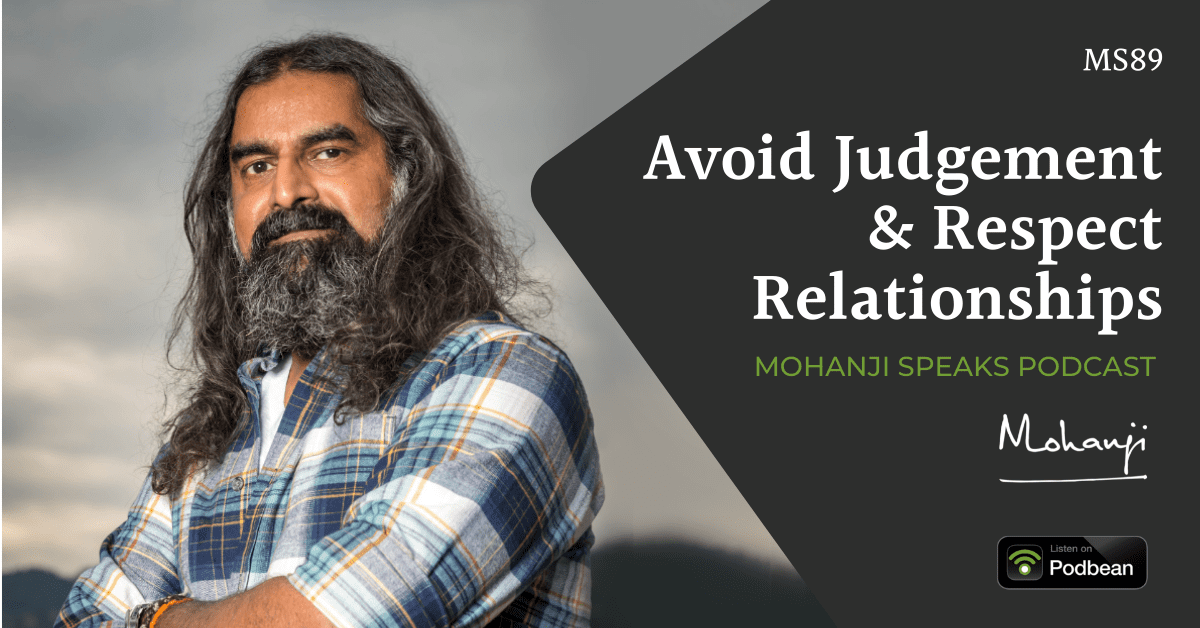Hello friends, I hope you’re doing well.
Today, I watched a one-minute short film. I love short films; some are very imaginative and attractive. This one-minute short film made me think about various aspects of life or various situations.
A story
The story goes like this—one man hired a three-wheeler auto-rickshaw. You will see that in India quite a bit; three-wheelers – They are taxis on three wheels. The movie starts like this: the vehicle had stopped at a traffic light, waiting for the light to become green and a handicapped person (who can’t walk well) walks towards this auto-rickshaw, asking for some money. The driver shoos him away; he just shows his hand, go away. He did not say anything, but with his hand, he gestured to move on.
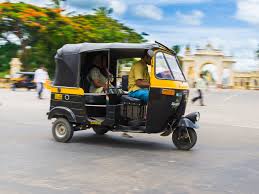
Meanwhile, the passenger felt pity for this handicapped person, took out some money from his pocket, and gave it to him. And that was done. Then the passenger tells the driver, “You must be earning at least 200 rupees a day. If you give one rupee from that to this handicapped man, you won’t lose anything. And it will be helpful for this person to have a meal.”
The auto driver keeps quiet. He doesn’t say anything. Then the next scene is that they have reached the destination, and the passenger gives a currency note to the driver. The driver takes it and says, “Sir, I don’t have change. Do you have change?” The passenger tells the driver, “Go to the next shop and get some change and come back while I sit here.”
The auto driver does not say anything; he steps out of the auto. And at that time, we see that he is also handicapped. He has crutches. His leg is paralyzed. Suddenly the whole idea changed. Then we see that the driver of the auto is a handicapped person, similar to the person who came begging, probably even worse. He’s earning his own living. But he’s not uttering a word. He takes his crutches, and he walks towards the shop. There ends the story.
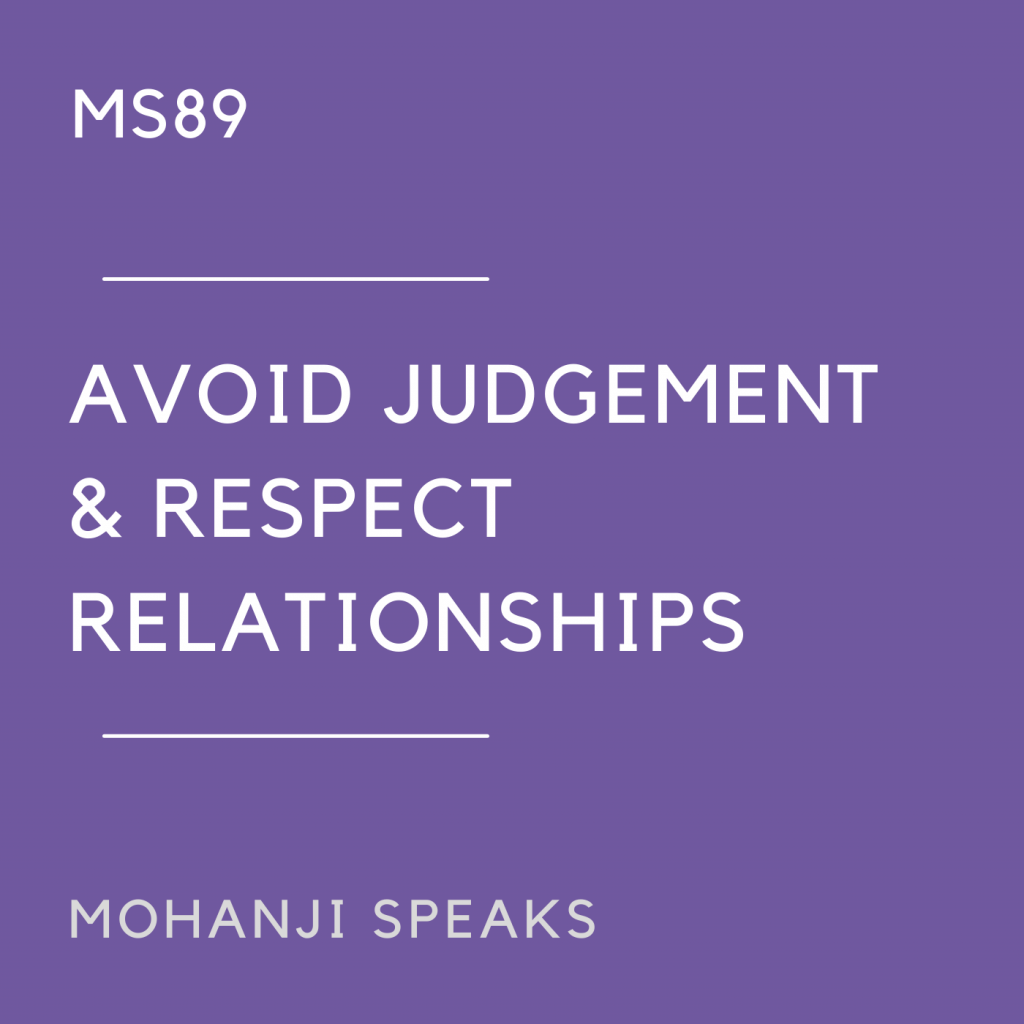
Perceptions
I noticed that this driver asks this person who came to ask for money, let’s call him the beggar; with his hand, he gestured him to move on. There is a significance here; the driver also is handicapped, but he’s working for his living; he is not begging. He has his life through work, or he’s earning his income through working, while the other guy, the beggar he chose to take alms and beg and make his living. Now, we thought initially that this auto driver is a cruel man because he didn’t give any money. But, you see, our perception changed later.
Silence
At that time, what did we think? “Oh, this is a cruel guy; he doesn’t care; he is insensitive.” Also, the passenger tells him that it’s good to be kind or he should display kindness. Even then, the auto driver did not tell the passenger that he’s also handicapped, and the passenger did not know. The auto driver did not explain anything. He kept quiet. That means he has accepted his situation; he has accepted the opinion of the passenger. And he is in his own level of understanding. He is not trying to explain anything to anybody. Here, we should notice the silence.
Then he’s walking out later; then you see the passenger in a different colour. The passenger does not want to get out of the auto until he gets the change. And again, the auto driver does not complain. He did not tell the passenger that he is handicapped. He just got out, took his crutches, and he was walking towards the shop to get the change.
Acceptance
Here you see a different dimension. Again, the auto driver is silent. He has accepted the situation, and he respects the passenger. He also respects that it is his duty to give the change to the passenger, even though he’s handicapped. He didn’t tell the passenger: “Look here, I cannot walk. Why don’t you go and do it for me?” He didn’t say that. Instead, his acceptance level was very visible; he accepted the situation, he decided to go, and he went to the shop to get the change.
Our perception changes in the whole thing, in one minute, this short film really made me think, various things. It’s about life.
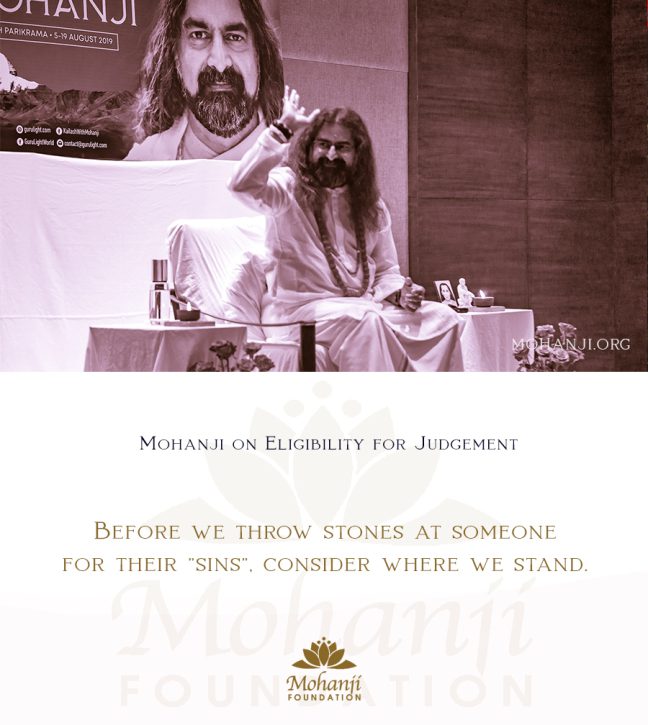
Judgement
See, we judge people too fast; we decide that somebody is good or bad, without even understanding the person. We don’t spend time understanding the person. And we immediately make judgments. In this one minute, many times, we made judgments. First, we thought this auto driver is cruel. Then we thought the passenger is a very kind man. Then we saw a different situation, and then our perception changed. It all happened in one minute—a very well depicted movie.
Food for thought
This leaves us with real food for thought.
- Are we too fast in judging people?
2. We don’t have to speak in all situations; we can also keep silent. Sometimes our silence speaks much better than words.
3. We don’t have to prove anything to anybody. Life proves itself.
4. We have to give some time before we make a judgement. We need to understand the person, understand where he’s coming from, what’s the reason for all this, and then make a judgment. Even avoid judgment because there is karma behind every action, or every event, every experience.
These are some of the thoughts I had. But I think you can explore further, think about it more. Look at yourself and look at how fast we judge, and we spoil a relationship.
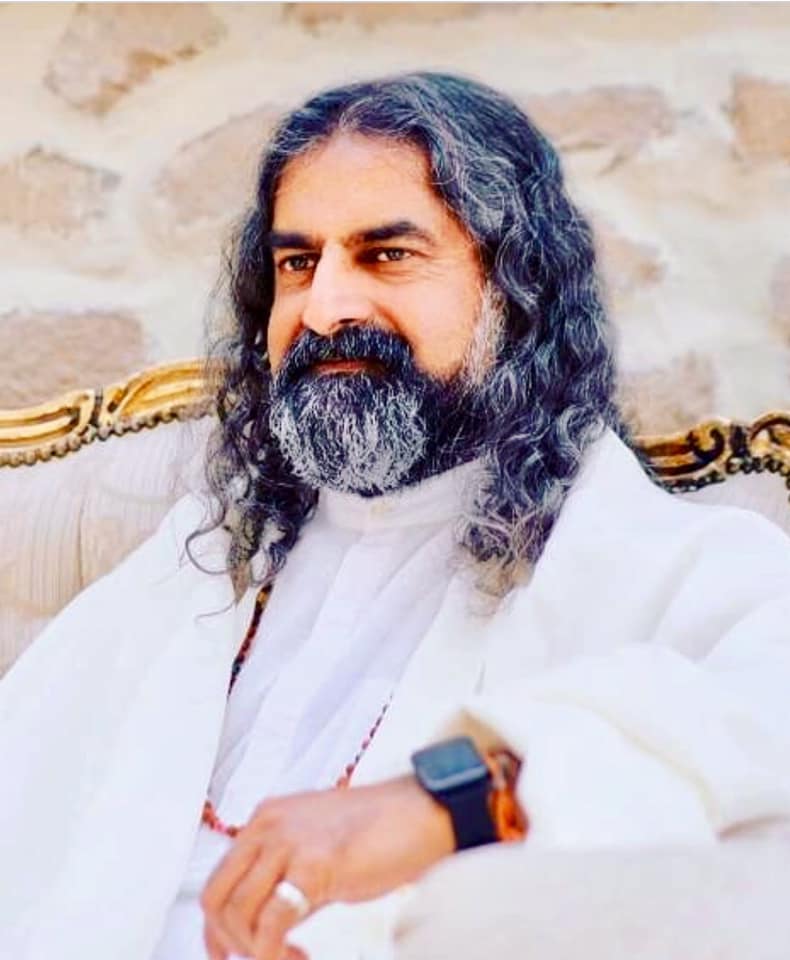
Lose to win
I always believe in one thing. If an argument spoils a relationship, do not have that argument. The relationship is more important because, in life, it’s not easy to mend relationships; it’s very easy to spoil relationships. When you walk away from a relationship, understand, a door is closed, an opportunity is closed, an experience is closed.
We got to really be careful about relationships and about the worth of relationships. And secondly, sometimes it’s good to lose to win, that means at some points in time, we can lose to succeed. So here, this auto driver, he did not answer, or did not speak out, or did not explain. And in a way, he chose to lose, but he became victorious. In our heart, he attained victory.
Choosing failure
This is an important thing we must understand; it’s not bad to lose with awareness, which means we can choose to lose a competition just to win because losing is winning. When we lose, we lose nothing, we are deliberately choosing failure, and that’s our victory. Sometimes we choose to fail for the sake of making another person victorious. That’s our strength. So, in every place, we don’t have to be victorious. We can also choose to have failures; we can choose to lose. And we will be more regarded or rewarded by that action. A failure by choice is not a bad idea.
Sometimes, a mother chooses to accept failure in front of a child just to have that child having the experience of victory. Here, nobody has failed, nobody lost.
Relationships
There are so many factors in life; if we think deeper, we understand. For the sake of ego, how many relationships have we spoiled? For the sake of expectation, how many relationships have we spoiled?
So now it’s time to rethink.
A relationship is worth it; whether it is good, bad or ugly, a relationship gives experience. It is worth it; nothing else is worth it because what you earn by losing a relationship is usually a paltry pleasure for the senses or the mind; that’s transitory. It changes; it doesn’t stay.
Better, we give more value to each relationship that we have. Invest in it, nurture it, respect it; that’s very important to remember.
I leave you with this thought. I wish you a great day and a great future. I’m always with you. And I love you.
This is Mohanji, for you.
Click here to listen to the Podcast

Transcribed by Ulla Bernholdt
Proofread by Rekha Murali

